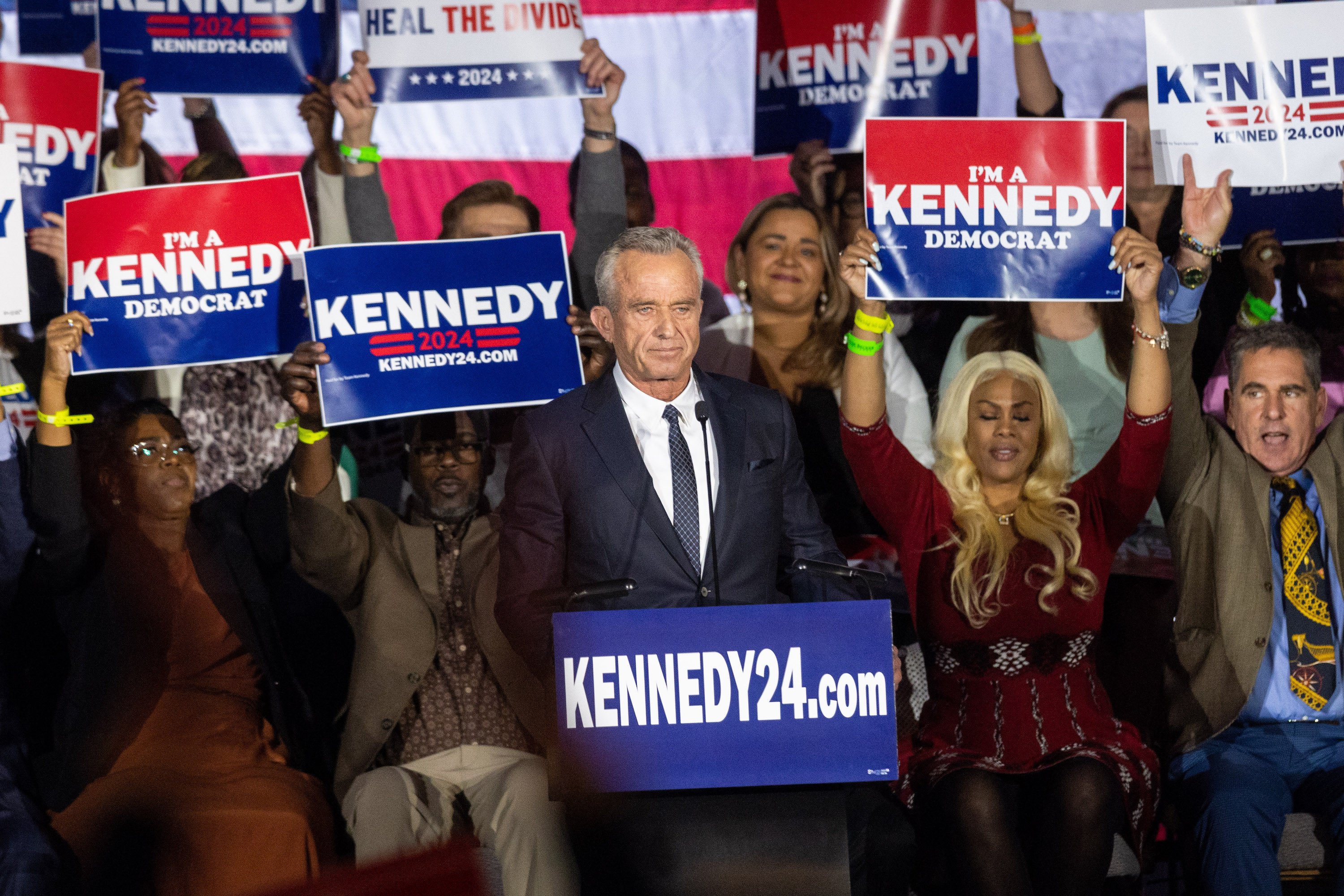IBB's Memoir: A Journey Through Controversy and Confession
The release of Ibrahim Babangida's autobiography, A Journey in Service, has sent ripples throughout Nigeria, reigniting discussions about his controversial tenure and the pivotal June 12, 1993, elections. The book offers insights into key moments in Nigeria's history, addressing national controversies, including the annulment of the June 12 election, a decision that continues to cast a long shadow over the nation's political landscape.
Babangida's Admission: A Nation's Reaction
In his memoir, Babangida acknowledges that Chief MKO Abiola won the June 12 election, a fact widely believed but never officially confirmed until now. This admission, coming decades after the event, has sparked varied reactions across Nigeria. Many hail it as a step towards reconciliation and accountability, while others remain critical, arguing that the confession is too little, too late. The acknowledgment of Abiola's victory marks a significant turning point, but the lingering questions of responsibility and lasting impact continue to fuel debate.
The Legacy of June 12: A Turning Point?
The annulment of the June 12 elections remains a deeply sensitive subject in Nigeria. The election was widely considered free and fair, marking a potential moment of national unity across ethnic and religious lines. Babangida's decision to annul the results plunged the nation into chaos and instability, sparking years of political tension. The legacy of June 12 continues to define Nigeria's democratic struggles, and this revelation adds complexity to the ongoing national conversation about accountability and reconciliation. The event became a symbol of political betrayal and the struggle for democratic ideals.
The Impact on Nigeria's Democratic Journey
The annulment of the June 12 election profoundly impacted Nigeria's journey towards democracy. It fostered a climate of distrust in the political system, delaying the consolidation of democratic norms and institutions. The implications of this decision are still felt today as Nigeria continues to grapple with political challenges. The event led to several years of military rule and various political crises, setting back the progress toward a stable democracy.
Dele Momodu: Forgiveness and Reflection
Celebrated journalist Dele Momodu, a key figure in the June 12 movement, offered his perspective on Babangida's confession. In an interview, Momodu expressed his long-held forgiveness of Babangida, reflecting the Christian values of reconciliation. He also emphasized the importance of accountability and examining the factors influencing Babangida's decision in 1993, noting the pressures and forces at play within the military establishment during that time. Momodu acknowledged that the annulment threw Nigeria into chaos and that its effects are still felt today, hindering the progress of national unity and stability.
Momodu's View: Beyond Forgiveness
Momodu’s perspective transcends simple forgiveness. He advocates for a comprehensive understanding of the circumstances surrounding the annulment, recognizing the complexities and pressures Babangida faced. The interview provides valuable insight into the political climate of the time and highlights the enduring impact of the June 12 election on Nigeria's political trajectory. Momodu stressed the need to learn from past mistakes and strive for a more just and equitable future for all Nigerians.
The Mambilla Dam Project: A Parallel Story of Accountability
In a stark parallel to the June 12 saga, the Mambilla Dam project highlights the ongoing challenges of accountability and transparency in Nigeria. This multi-billion-dollar project, marred by controversies and legal battles, mirrors the complex web of political influence and financial mismanagement that continue to plague Nigeria's development projects. The case involving Sunrise Power and the Nigerian government exemplifies the difficulties in achieving transparency and accountability in major infrastructural projects. The testimonies of former presidents Olusegun Obasanjo and Muhammadu Buhari further underscore the depth of the issues at stake.
The Legal Battles and the Stakes
Sunrise Power’s legal battle against the Nigerian government for breach of contract in the Mambilla Dam project has become a case study in the challenges of doing business in Nigeria. The intricate legal proceedings, the high-profile testimonies, and the immense financial implications all reflect the deep-seated issues of governance, transparency, and accountability that plague the country. The outcome of this case will have significant consequences for future infrastructural projects and foreign investment in Nigeria.
The Fight for FirstBank: A Battle for Corporate Governance
The ongoing conflict at FirstBank of Nigeria highlights the complexities of corporate governance and the crucial role of accountability in the financial sector. The actions of Femi Otedola, Chairman of FirstBank, have sparked controversy, raising questions about the extent of his power and the implications for the bank’s future. Otedola’s aggressive actions to restructure and reposition the bank, though necessary for its stability, also expose the fragility of good governance within Nigerian institutions.
The Stakes in FirstBank's Future
The clashes between various parties, including shareholders and the bank’s leadership, raise fundamental questions about the balance of power within corporate structures in Nigeria. The conflict over Otedola’s decisions, particularly those regarding senior staff and large debts, reflects the lack of robust checks and balances and the potential for unchecked authority to destabilize even the most established institutions. FirstBank’s future depends on its ability to resolve these internal conflicts and establish a strong foundation of corporate governance and transparency.
Celebrating Jewel Howard-Taylor: A Vision for African Women
In a stark contrast to the political turmoil and financial scandals, the 62nd birthday of Jewel Howard-Taylor, Liberia's first female Vice President, offers a moment of celebration and hope for African women. Her career exemplifies resilience, leadership, and determination. Her achievements inspire future generations of African women to pursue their ambitions and contribute to the continent's development. Howard-Taylor's career showcases the rising influence of women in African politics and their important role in shaping the future of the continent.
A Legacy of Strength and Inspiration
Howard-Taylor’s journey, from a humble background to a position of significant political power, is not only an achievement for herself, but an inspiration to countless African women. Her contributions to Liberian politics and her commitment to social causes underscore the valuable role women play in driving positive change. Her leadership continues to inspire women across the continent to pursue their aspirations and contribute to the advancement of African societies. Her steadfast commitment to her country and her relentless dedication to public service stand as a beacon of hope and progress for African women in leadership positions. Her story is a testament to the transformative potential of women's leadership in shaping a better future for Africa.
The narratives surrounding IBB's memoir, the Mambilla Dam project, the FirstBank crisis, and the celebration of Jewel Howard-Taylor all intertwine, reflecting the ongoing struggles for accountability, transparency, and good governance in Nigeria and across Africa. The need for systemic change, upholding the rule of law, and celebrating achievements remain critical aspects of the continent’s journey toward a brighter future. The events highlight the urgency for reforms and institutional strengthening to ensure that the voices of the people and the principles of justice prevail.


















